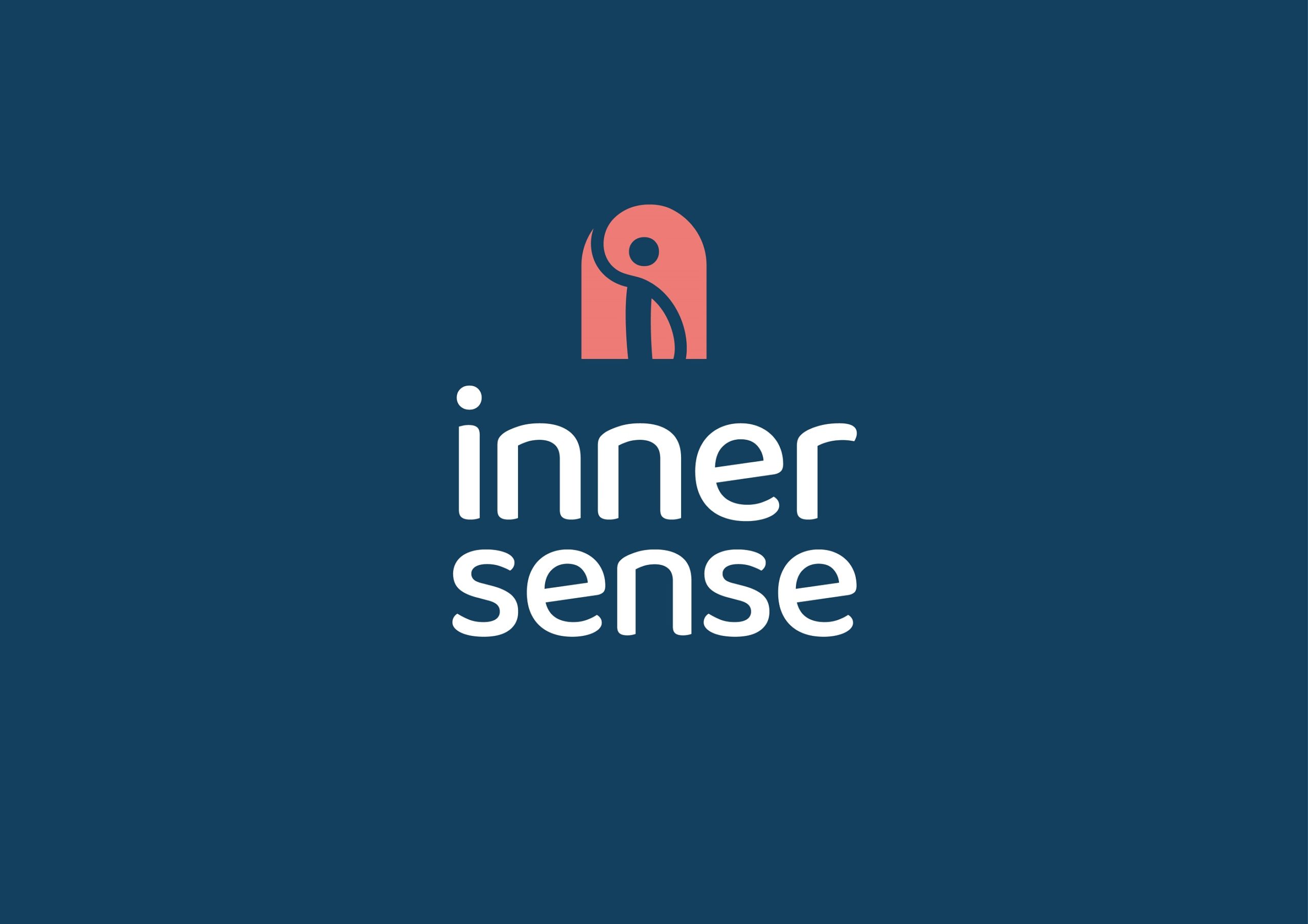It’s clear that work is an integral part of everyday life for most people. As well as helping to pay for our basic needs, an enjoyable job can create a sense of purpose and satisfaction – boosting our mental and physical health.
But modern life can make it hard to maintain a healthy work life balance. The pull of a heavy workload can distract us from enjoying areas of our lives that are needed to be truly healthy and fulfilled.
On Time But Out Of Sync
Answering the call of modern-day demands can become addictive and at the same time, overly stressful. In an effort to constantly keep up, we may be getting further and further out of step with the natural rhythm of our bodies.
24-hour clock time is calibrated against Earth making one complete rotation on its axis. This is a very real and completely natural sequence – but it fails to account for a number of other cycles that also operate each day, month and year.
Seasonal and daily fluctuations in light, temperature and other external forces all feed into each other, contributing to our own personal ebb and flow of energy levels. So it’s unreasonable to expect that we can work at a constant pace throughout the year, or even throughout the day – and putting pressure on ourselves to do so can lead to burnout. 1
Too Much Work, Not Enough Play
Slogging away for long hours may help us to achieve very short-term objectives, although if it starts to become the norm, our health can suffer quickly. Modern research backs up what many of us will have seen or experienced for ourselves: hurtling around at breakneck speed for too long can negatively affect our relationships.2 3 Meanwhile, the stress it creates can put us at an increased risk of numerous medical problems, including heart disease, anxiety and sleep disorders.4 By improving our work-life balance we can avoid these dangers and live with greater a greater sense of accomplishment from our tasks.
Benefits of Balancing Work and Life
The importance of a work life balance is clear when we look at how it can benefit us:
- Firstly, it reduces the likelihood of us experiencing health-related complications
- It also helps us to enjoy our work more, making us happier in and outside of the office
- With more spare time, we can focus on other areas of our lives, including relationships and leisurely pursuits
And it’s not just individuals who benefit – businesses reap the rewards of a more engaged, efficient and productive workforce. Staff turnover drops and budgets stretch further. It’s something forward-thinking companies are already tapping in to – take Google for example, who famously installed sleep pods in their offices to enable employees to recharge their batteries, before returning to work refreshed and reinvigorated.5
How to Improve Your Work Life Balance
So now we’ve reminded ourselves of the importance of a healthy work life balance we can move on to thinking about how to improve it. In the next article we look at some very simple steps that can be taken to regain more time to do the things we love.
Get More Health and Wellness Advice
If you found this post interesting, please sign up for my newsletter for more health- and wellness-related information, you can also sign up here to claim two free chapters from my book Restoring Balance.
Sources and References
Main image by Eddie Kopp on Unsplash
- Bannai A, Tamakoshi A. The association between long working hours and health: a systematic review of epidemiological evidence. Scand J Work Environ Health. 2014;40(1):5-18. doi:10.5271/sjweh.3388
- Arlinghaus A, Bohle P, Iskra-Golec I, Jansen N, Jay S, Rotenberg L. Working Time Society consensus statements: Evidence-based effects of shift work and non-standard working hours on workers, family and community. Ind Health. 2019;57(2):184-200. doi:10.2486/indhealth.SW-4
- Kim H, Suh BS, Lee WC, et al. The association between long working hours and marital status change: middle-aged and educated Korean in 2014-2015. Ann Occup Environ Med. 2019;31:e3. Published 2019 May 1. doi:10.35371/aoem.2019.31.e3
- Kivimäki M, Jokela M, Nyberg ST, et al. Long working hours and risk of coronary heart disease and stroke: a systematic review and meta-analysis of published and unpublished data for 603,838 individuals. Lancet. 2015;386(10005):1739-1746. doi:10.1016/S0140-6736(15)60295-1
- https://www.theguardian.com/business-to-business/2017/dec/04/clocking-off-the-companies-introducing-nap-time-to-the-workplace



